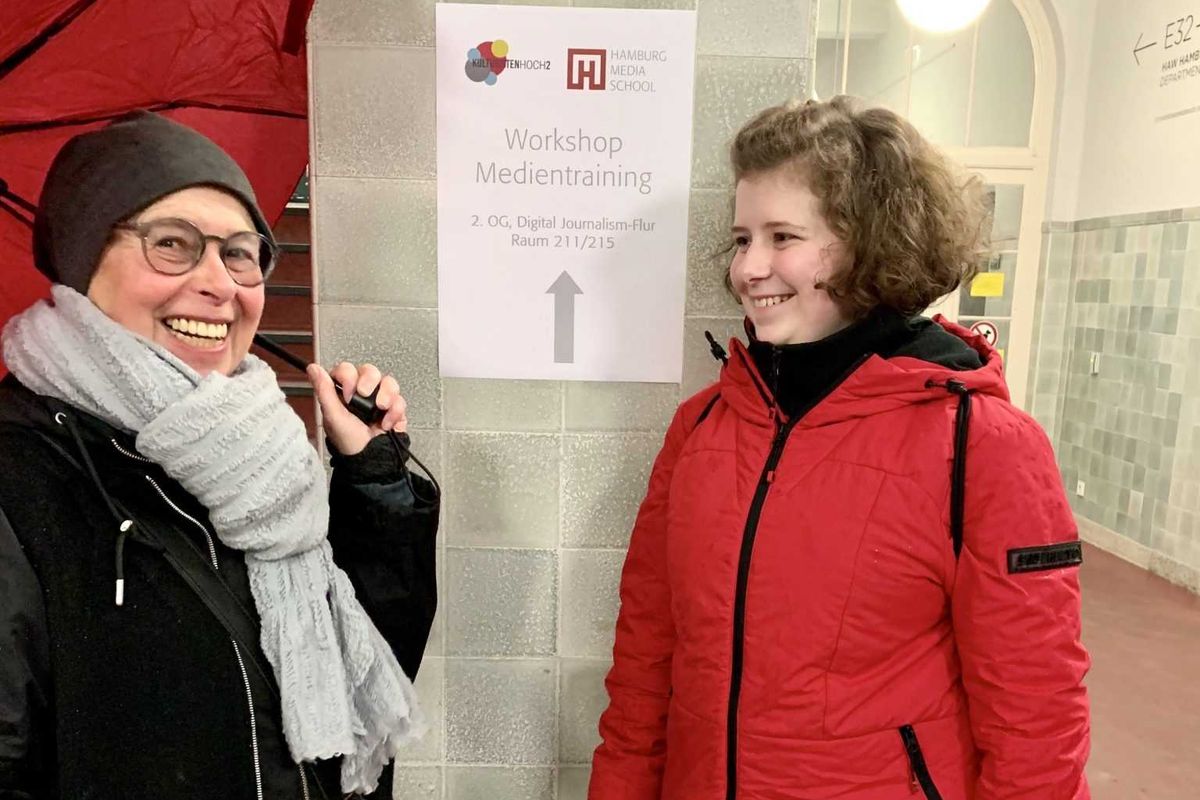The simple, yet powerful shift that can actually keep you motivated
Andrew Huberman breaks down what people can do to stick to their goals—and it's surprisingly easy.

Maybe we're focusing on the wrong thing.
There are a bajillion and one approaches out there when it comes to goal-setting, usually in the form of clever acronyms to remind us all of just how easy achieving our dreams can be. (Did you know there are more than just SMART goals? There are also HARD goals, WOOP goals, and OKR goals, according to Indeed.)
Still, despite the countless productivity tips, consistent motivation is something many of us struggle with. And while there can be serious factors causing this, like external stress or underlying mental health issues, it’s generally just a common thing people deal with. It’s really hard to keep your “eye on the prize” day in and day out, isn’t it?
But what if we shifted our perspective on what exactly the “prize” is in this scenario? According to neuroscientist Dr. Andrew Huberman, it could mean a lot.If you somehow have never heard of Andrew Huberman, he does deep dives on a wide range of complex scientific topics on his popular Huberman Lab podcast, explaining them in ways that are both easy to understand and applicable to everyday life.
Huberman regularly discusses the benefits of working with your body’s dopamine, i.e., pleasure hormone, in order to be more productive. In the case of staying motivated, he encourages people to make a mindset shift where they access pleasure from hard work rather than achievement.
Huberman notes that when we focus only on the “win” and work only for the sake of reward, it actually makes the required hard labor that much harder and less desirable, and generally makes us less likely to pursue more hard work in the future.
The concept of intrinsic motivation vs. extrinsic motivation became quite mainstream thanks to a well-known study conducted in 1973 in which researchers at Stanford gathered young children ages 3 to 5 who liked to draw and started rewarding them for drawing. After a while, the researchers stopped giving out the rewards, which caused a drop in interest among the children.
Bottom line: We garner less pleasure from activities when we begin to associate that pleasure with rewards, rather than the activity itself. That even goes for activities we naturally enjoy.
From a dopamine perspective, Huberman explains that if the “peak” in dopamine levels you get comes from a reward, it’s going to lower your baseline dopamine levels, which then signals to your brain that pleasure = reward, not pleasure = challenging activity, which is not always sustainable.
Luckily, there’s a way to rewire this perspective by incorporating a growth mindset.
Anyone can cultivate a growth mindset.
Canva
Having a growth mindset, a term coined by Carol Dweck, means viewing one’s mind as always being at the starting point, and focusing on deepening a love of learning through engaging in challenges, rather than trying to accomplish an end goal. Those who have this view have time and time again achieved great things, but only as a byproduct of willingly engaging in the effort for its own sake.
And the best part is anyone can cultivate this mindset.
“You can tell yourself the effort part is the good part. I know it’s painful. I know this doesn’t feel good. But I’m focused on this. I’m going to start to access the reward,” Huberman says.
Repeating this over and over again—especially during the most difficult parts—will eventually make that growth mindset sink in, and it will extend to all types of effort.
In other words, sometimes it is good to lie to ourselves.
Watch Huberman's full podcast episode on motivation and dopamine below. It’s full of other science-based gems.
- Psychologist reveals 5 evidence-based tips for helping New Year's resolutions stick ›
- What's one of the WORST ways to motivate someone? Hint: You see it all the time. ›
- Star neuroscientist Andrew Huberman breaks down two simple exercises to improve vision ›
- Dr. Andrew Huberman shares 'vital' morning sunlight routine - Upworthy ›
- Andrew Huberman wows Jimmy Fallon with stress relief breathing hack - Upworthy ›
- Psychologists' 'Monday Match' can help you with motivation - Upworthy ›
- Adam Grant says 'contributions journals' can boost motivation - Upworthy ›
- Achieve your goals with the "Move in Silence" theory - Upworthy ›



 A UPS truck with package deliveries.Image via Wikipedia
A UPS truck with package deliveries.Image via Wikipedia
 Cher was the biggest phenomenon on the planet for the better part of the '70s and '80s.Casblanca Records/
Cher was the biggest phenomenon on the planet for the better part of the '70s and '80s.Casblanca Records/

 A high school volunteer with her senior "tandem."
A high school volunteer with her senior "tandem."  KH2 makes leaving the house more accessible to senior citizens.
KH2 makes leaving the house more accessible to senior citizens.  Many "culture buddies" stay in contact after the program ends.
Many "culture buddies" stay in contact after the program ends.  KH2 provides students with excellent life skills and lasting connections.
KH2 provides students with excellent life skills and lasting connections. 
 Parents posing with their young kids on a basketball court. via
Parents posing with their young kids on a basketball court. via